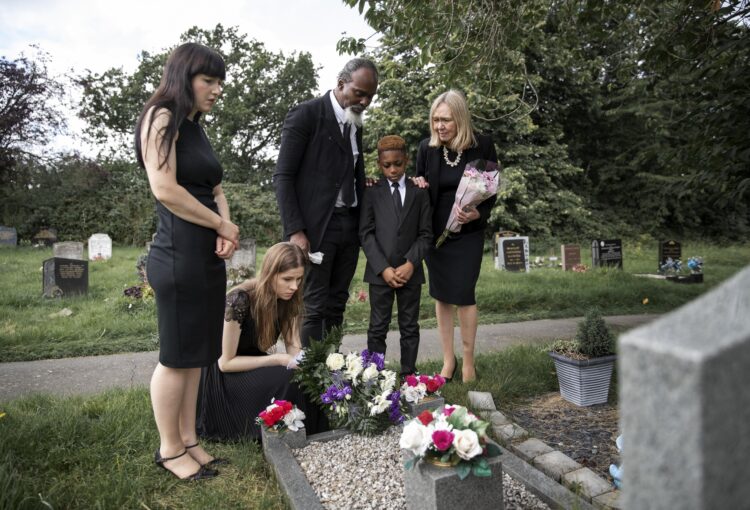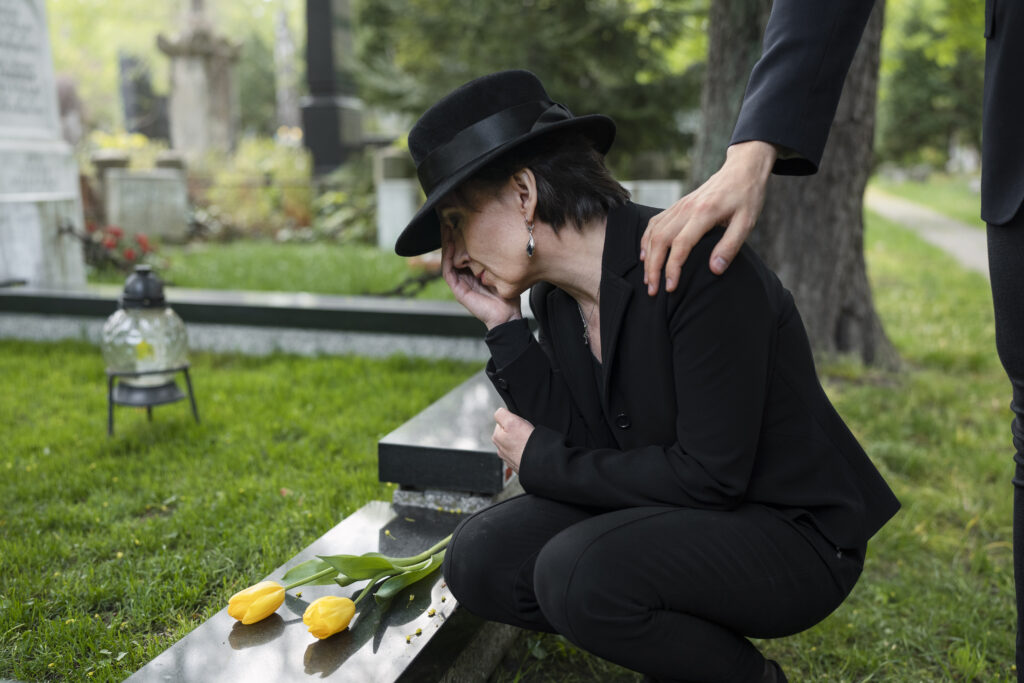A wrongful death occurs when a person dies as a result of the negligence or misconduct of another person or organization. Although a criminal record is related to a death, an illegal death case is a separate civil action from all criminal charges. The standard of proof is less than a civil case than a criminal case for murder or murder.
Many circumstances can lead to illegal death, such as criminal activity. Each state has its own law on illegal death, with its own standards and procedures for bringing an action for an unlawful death. In some cases, there may be authorities with a state free of persecution for unlawful death claims.
Depending on the state, a representative must take legal action for a wrongful death on behalf of the legitimate survivors who were injured on the death of the deceased. These survivors are referred to as “real interest groups” and the rights of family members vary from state to state. In all states, spouses, children and parents of unmarried children can act as representatives to prosecute the negligent part.
In some states, other people, such as alleged couples or financial dependents, can claim damages. In other states, brothers and grandparents can assert their rights. In general, the representative of the true party conducting the action must prove that it is a death caused by negligence or other misconduct of others, the safety of family members injured by death and the right to compensation and, if applicable, the appointment. a personal representative of the property of the deceased.
A sincere guilty actor may claim economic and non-economic damages that are distributed to family members entitled to compensation in the case of a wrongful death. Economic damage includes sickness and funeral expenses, expenses, lost household and other services, loss of retention and income, and lost hope.
If an adult dies with his children, his children can be recovered from the loss of parental guidance. It may be necessary for an applicant to nominate a talented economist to assess the expected life of the deceased and to estimate the loss of income and other losses. The jury will examine the merits of the death and potential future earnings. Non-economic injuries such as illness and suffering can also be compensated.
Compensation includes interest from the date of death. In some states, a jury may prescribe penalties for damages if the deceased dies as a result of gross negligence on the part of the defendant. However, in most states, criminal sanctions for illegal death are not allowed.

Survivors of a deceased person may also take a “safety action” if a deceased person does not die immediately from an accident and makes a claim for bodily injury. This claim allows the deceased’s property to recover from the conscious illness and wrongful death of the deceased prior to his death. Among other things, the jury may consider how well the deceased knows how much he is injured and to what extent he knows of the imminent death of the deceased.
Each state has an “illegal law” or series of laws that establish procedures for the application of unfair rules on death. Complaints about bodily injury, illness and suffering, or costs incurred prior to the death of a deceased person are also brought by a personal representative often with the assistance of a wrongful death lawyer. Damages resulting from these actions belong to the property and may be transferred to other parties in the direction of the deceased.
False wrongful death are the civil claims of survivors of a person who died as a result of another person’s negligence or misconduct. In these cases, the law allows family members of deceased persons (hereinafter referred to as “displaced persons”) to take legal action to obtain unlawful compensation for death. The murder is intended to provide financial and emotional support to family members who depend on deceased persons.
A wonderful death occurs when negligence, negligence or intentional behavior results in death. Negligence refers to the fact that a person has not acted with great caution in similar circumstances. To establish that an unjust death has occurred, the lawyer must certify that the person has a duty to care for the deceased, whose act or omission violates the standard of care, and that his direct cause ( immediate cause) unreasonable injury or death of the deceased was accumulated and lost.
The most common causes of wrongful death are:
Car accidents
Birth injury
Treatment failure
Work accident
The court will consider a number of factors in determining the amount of compensation for deceased survivors. These factors include the relationship between the survivor and the deceased, the deceased’s net worth, the cost of wrongful death benefits, and the life expectancy of everyone involved.
As illustrated below, a person’s relationship with the deceased may be entitled to certain benefits. Husband: A married couple may receive compensation for loss of marriage and death protection, as well as for mental illness and anxiety from the date of injury. Minors: Minors Children may be charged for loss of parental involvement, guidance, and counseling, as well as for mental illness and anxiety caused by the injury.
Parent: Each parent of a deceased minor may receive a refund for mental illness and anxiety from the date of the injury. Each parent of an adult child may also receive a mental illness and suffering benefit if no other survivor has been. Everyone: Any survivor can recover the amount of assistance and missing services from the wrongful death of the deceased, with his / her interest, and the loss of assistance and future services from death, reduced to cost current.
In addition, survivors who pay for them may pay medical or recreational expenses for the injury or death of the deceased. In addition to the damages actions mentioned above, sanctions may also result in a penalty. Damage disorders are appropriate in situations where deliberate, negligent or careless parties result in unlawful death. These injuries serve to punish the offending party and to prevent others from acting in the future.
CONCLUSIONS
A wonderful death occurs when a person dies as a result of someone else’s legal offense. The right to act for an unjust death is a new term. The “Common Law” (laws introduced from England to the United States) does not allow this type of action. In the last century, federal and state courts created the right to bring the illegal death case.
Every state in our country today has a law on the death of the people. Diagnostic errors affect all types of fatalities, from simple car accidents to complex cases of misbehavior or product liability. Individuals, businesses and government agencies can be responsible for enforcing the law without undue influence (if they do not behave like a reasonable person) and knowingly agreeing.
REFERENCES
*Wrongful death action”. Legal Information Institute. Cornell Law
School.
* Gross, Bruce (Spring 2005). “Death throes: professional liability after client suicide”. Annals
of the American Psychotherapy Association.
*Larson, Aaron (19 July 2016). “Road Design Issues in Motor Vehicle Accidents”. Expert Law.
Retrieved.
*Smedley, T.A. (1959). “Wrongful Death–Bases of the Common Law Rules”. Vanderbilt Law
Review. 13: 605. Retrieved. *Moragne v. States Marine Lines, Inc., 398 U.S. 375, 90 S.Ct




